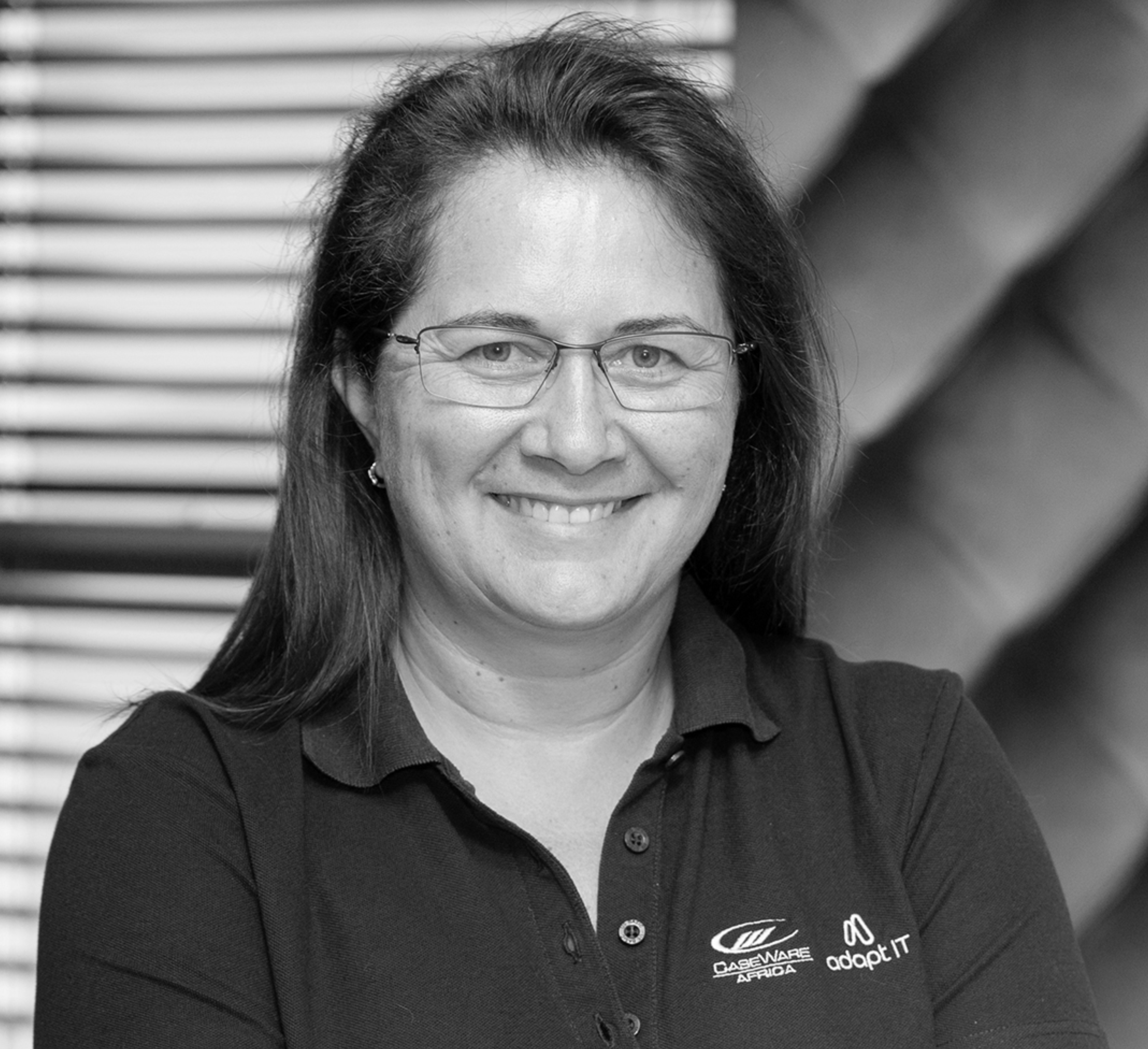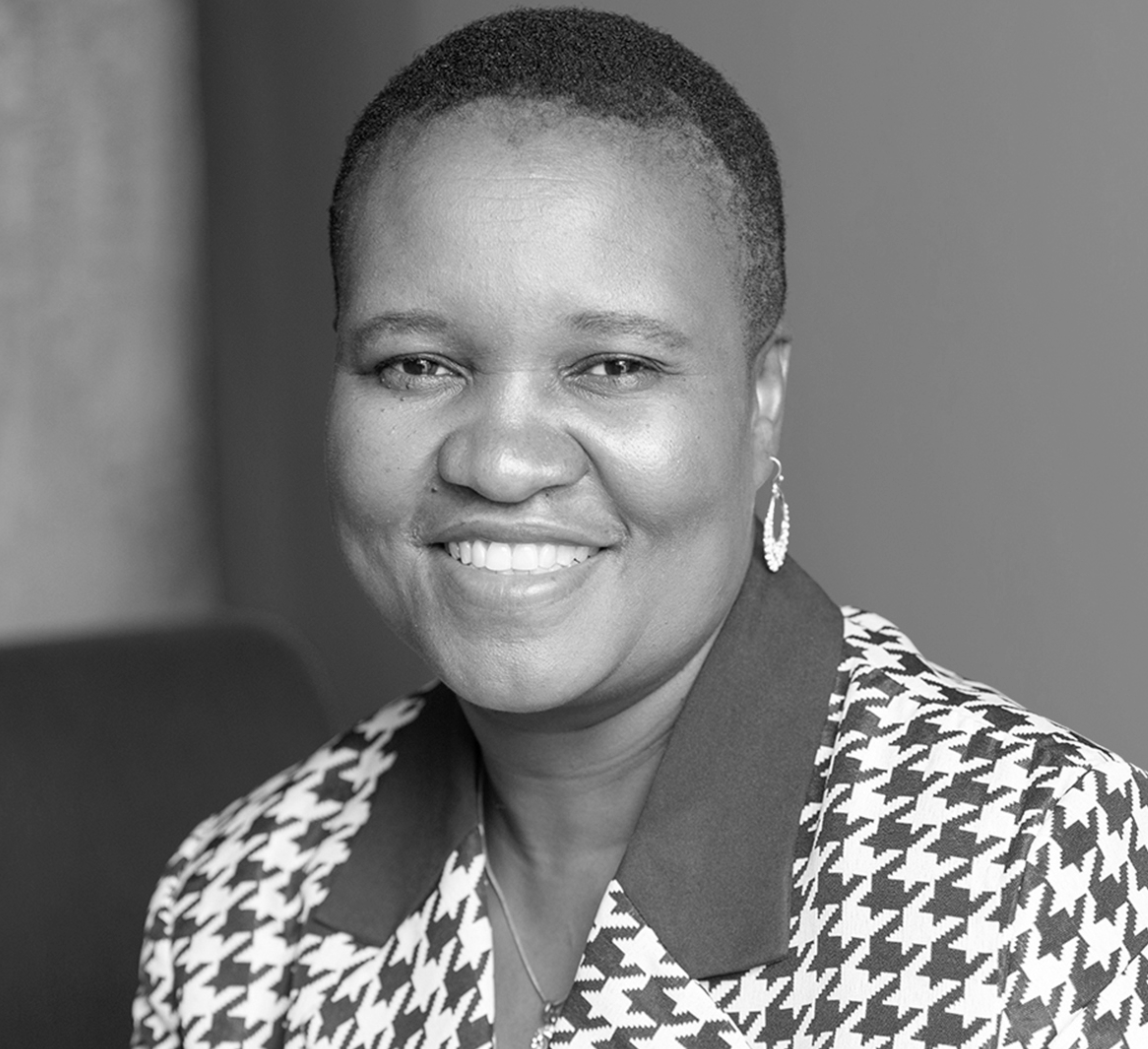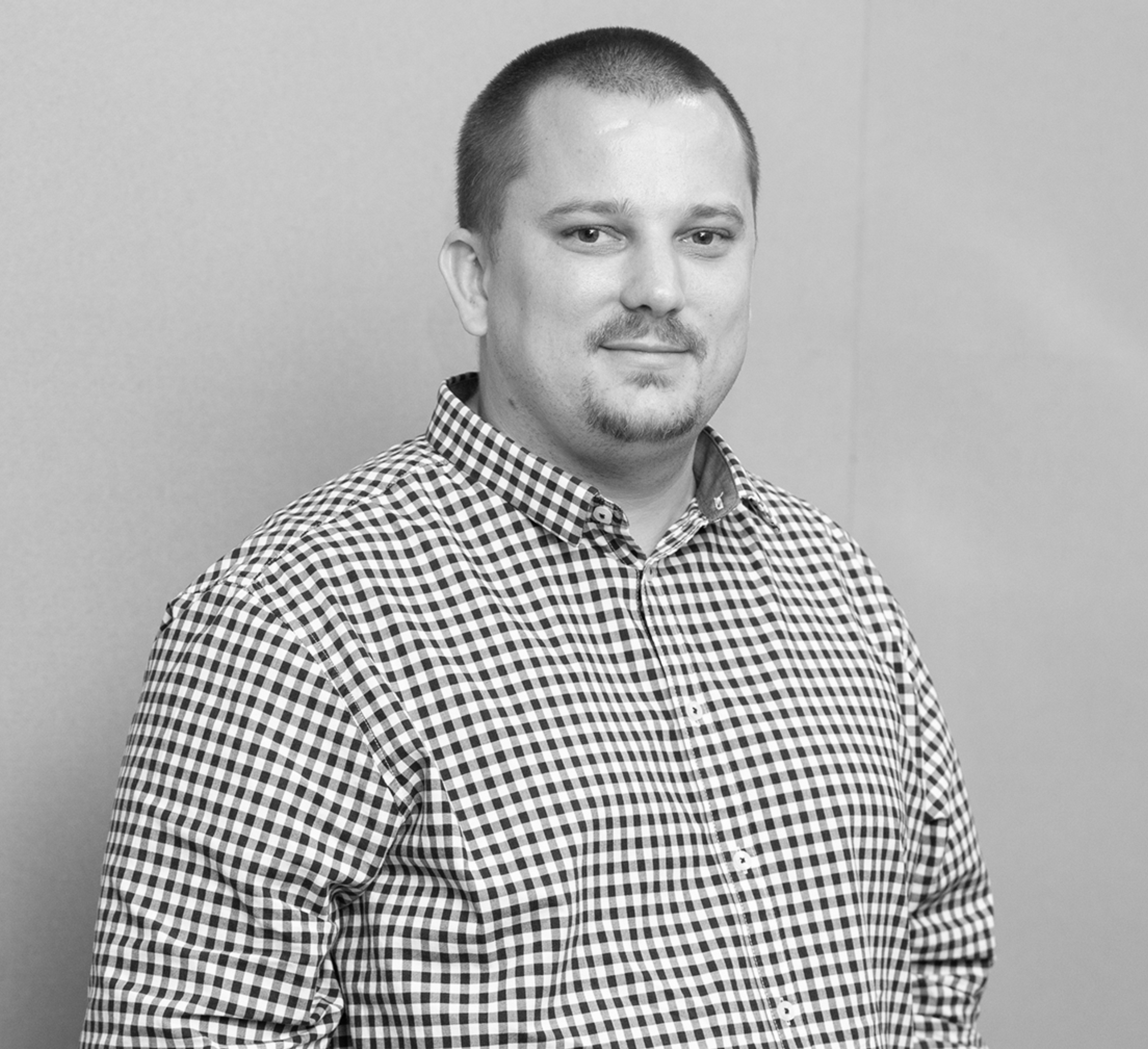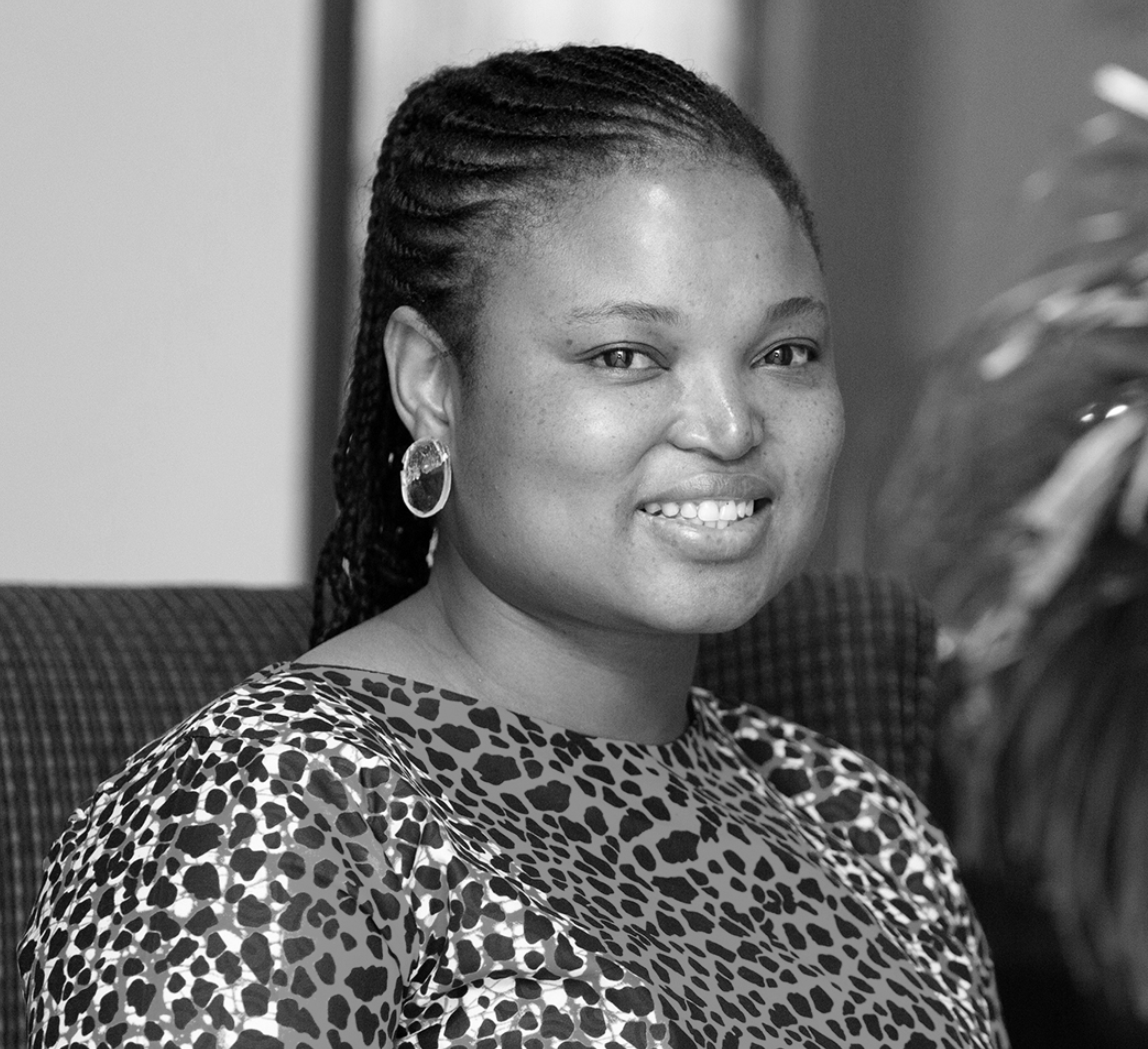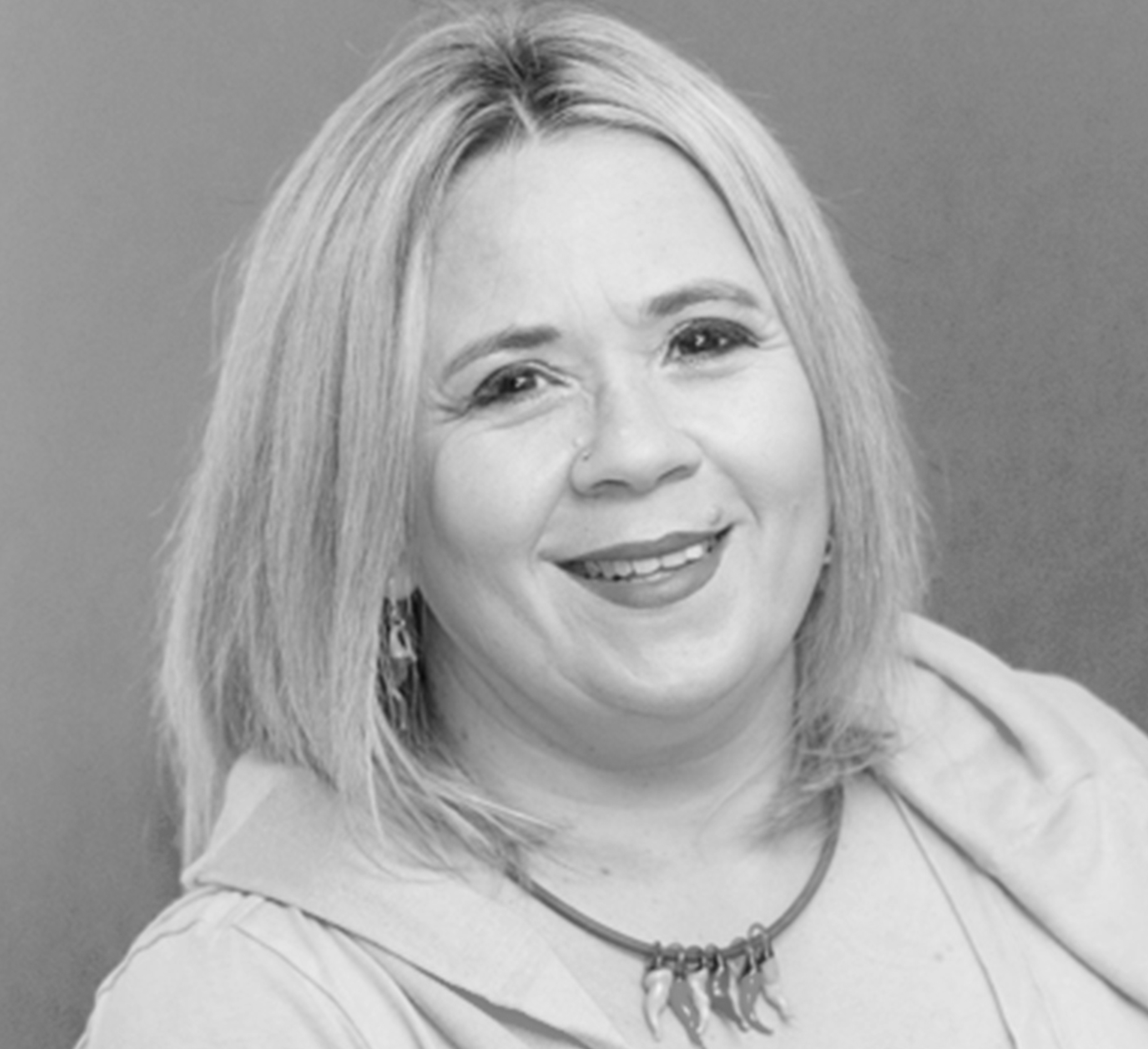41: Jodi Joseph
Divisional Executive – CaseWare Africa
From banking to working at the cutting edge of data analytics, Jodi Joseph, is a CA who has proven that versatility leads to a dynamic career.

Obtain a Certified Financial Officer CFO (SA) designation
This really is the Formula 1 of accounting designations. The CFO designation is internationally recognised and validates the years of toil and ingenuity it takes to reach to the top of your field. You’ll be part of an exclusive and powerful network of CFOs and finance executives.
As a CFO (SA) you get to share in a wide range of benefits. You gain status as an international finance executive and achieve your listing in the official CFO Directory. You will receive exclusive invitations to the CFO Talks events and get a chance to connect with knowledgeable thought leaders within the CFO community, covering all issues affecting the CFO including business, social, technical and global issues.
For more information go to: https://saiba.org.za/cfo/
CIARAN RYAN: This is CFO Talks and today I’m very happy to have Jodi Joseph with us in the studio. Jodi is the divisional executive of CaseWare Africa, which is a division of Adapt IT and we’re going to be getting into that in a minute. But before we do that let’s talk a little bit about Jodi, she’s a results-driven executive with extensive experience in both finance and operations, she’s also a chartered accountant, and has many, many years of experience as a financial professional. Jodi completed her articles at Grant Thornton, which was previously Kessel Feinstein, and thereafter joined Investec in various roles, including chief operating officer and chief financial officer. In 2013 she was appointed chief operating officer of CQS Holdings, which was subsequently acquired by Adapt IT, where she is today. Welcome, Jodi.
JODI JOSEPH: Thank you very much for having me on to talk with you.
CIARAN RYAN: Great, let’s start off with CaseWare, there’s a lot of software out there in the market for companies, what is the unique offering about CaseWare and what brings a chartered accountant into that realm?
JODI JOSEPH: I think the most important thing about CaseWare in South Africa is we have really been involved with auditing and accounting professionals since the ‘90s. So we originally brought laptops to that community and we have walked every step of the way with them, as technology has improved and regulations have become more demanding. So today we have software, which would result in a financial professional achieving their goals in the quickest, most efficient and, we believe, the most compliant way.
CIARAN RYAN: I guess one of the things that software these days has to accommodate is the change in regulations and the change in law, CaseWare does that?
JODI JOSEPH: That’s a key part of our value proposition, our technology has been developed over the years to do just that. In a very elegant way all client files, all financial statements can be updated annually to consume all new regulations. We take care of that. We have extensive content providers who are really taking the change in regulations and making it simple in a way to actually apply it to the audit or the set of financials that one has to prepare and then the technology takes care of updating the client file. So the user can consume the new changes and be compliant in the most efficient way possible.
CIARAN RYAN: Who would be your typical market, who are your clients?
JODI JOSEPH: We have various segments in South Africa, we have the auditing firms that focus predominantly on completing the audit, especially with Section 90 [of the Companies Act], a lot of them no longer have their financial statement production teams.
Healthy market share in South Africa
CIARAN RYAN: Just explain Section 90.
JODI JOSEPH: Section 90 is the section of the Companies Act that required significant independence, so those that conducted the audit were no longer allowed to produce the financial statements. So historically many of our clients solved both those problems for their clients, now due to the demand of independence, many of the auditing firms are focusing on the audit side. So we service the auditing community, we service the advisory community that produce financial statements for clients. We then also service corporate South Africa, where those financials are produced internally by the financial teams and we have quite a significant client list and a high volume of our corporate South Africa clients are from large listed companies, to smaller owner-managed businesses that produce their financial statements. We also service public service South Africa quite significantly, from the municipality level, right up to provincial and national departments, and we have different solutions for all those regulatory environments.
CIARAN RYAN: So you have a different product suite or different products aimed at different segments of these markets?
JODI JOSEPH: Yes because the different user requirements are different, as well as the reporting frameworks are different, we have developed templates that work per segment and for the reporting frequency every segment has to adhere to. So that’s been really in the last ten years because through our footprint originally in the audit and accounting market, we were exposed to financial South Africa and all the variety of reporting frameworks and we’ve managed to build quite a healthy market share in all of them in South Africa.
CIARAN RYAN: You probably read the Auditor-General report that came out in 2018, it wasn’t very flattering for municipalities and the public sector, the number of qualified audits and bad marks against the public sector, and it hasn’t really improved in recent years. One would imagine with the kind of product that you’re offering is what you’re trying to do is get these municipalities and public sector entities into compliance. In other words, to assist the Auditor-General in what he’s doing.
JODI JOSEPH: Our focus is on financial reporting, which is very much the last mile of the process, we spend a lot of time internally going through the detail of the Auditor-General findings and reports to see where we can further enable our clients with our value proposition. We believe that our solutions make that last mile significantly simpler and quicker, allowing for more detailed analysis of the financial statements. But many of the findings are really around the financial processes and the procurement processes and the internal control environment. That’s not particularly an area we focus on, but we believe in the standardisation of the reporting and creating a very transparent reporting environment for government. We enable the insight into where the problems are going wrong. So where we have dominant market share in some of the segments, it’s very easy for the oversight bodies to compare financial statements and see where things don’t look consistent or where there’s a glaring omission or problem but we are the reporting mile and a lot of the findings are the internal controls and more the operational processes within those entities, where the challenges lie.
CIARAN RYAN: Tell us a little bit about yourself, you’re from Joburg?
JODI JOSEPH: Joburg born and bred, spent six years in London though, but I do love Johannesburg, I have travelled the world extensively and I believe there is no climate like Joburg…
CIARAN RYAN: It is the best in the world and that’s a bit of a secret.
JODI JOSEPH: It’s the best in the world, there may be no mountain or any other of the good things but 350 days of sunshine and even if there’s rain it goes away and it’s wonderful. So I really love Johannesburg.
CIARAN RYAN: The winters can be a bit chilly.
JODI JOSEPH: The winters are chilly but if you’re not outside you can sit in your car and it’s nice and warm and toasty and you have a blue sky throughout winter, where in the world can you say that happened?
Exciting years at Investec London
CIARAN RYAN: What were you doing in London?
JODI JOSEPH: I went to London with Investec in 2000, I went across originally on implementing a credit risk management system and then fell in love with London, to be honest, and had the opportunity to move over there, where I spent my time in the capital markets division, firstly as CFO and then I moved into a COO role. It was an exciting time in the business because we really built that business from the ground up, brought in a lot of different businesses, foreign exchange, equity derivatives, commodities trading, project finance, structured finance, securitisation. So I think that period of my career certainly was where I learnt the most and had to dance on my toes and learn and research, and a lot of system implementation, I guess that’s where my passion for technology also started when you saw what was really possible with the various systems.
CIARAN RYAN: Right, and you’re a chartered accountant and you articled with Kessel Feinstein, which is now Grant Thornton…
JODI JOSEPH: And Grant Thornton has subsequently joined with SNG and it’s now SNG Grant Thornton, so it’s now one of the biggest firms in South Africa.
CIARAN RYAN: When did that happen?
JODI JOSEPH: It happened late last year or during the second half of 2019, I’m not sure of the exact date.
CIARAN RYAN: Let’s talk about the role of the chief financial officer, just shifting gears here, and you’ve operated as a chief financial officer in a large banking group, now you’ve joined a technology company. One might think that’s a step down for you but I’m sure you don’t see it that way at all because it does seem that CaseWare is on a very fast growth track at the moment. Maybe explain your reason for taking that career step and the role of the chief financial officer as well, how has that evolved over the years that you’ve been in this game?
JODI JOSEPH: So my two CFO roles at Investec were at a divisional level, I wasn’t ever the group CFO or the listed entity CFO. But I think in the early 2000s the CFO role started being exposed to the rapidly increasing regulations in banking. So my early days were in London when it was still under the FSA and the regulations were coming thick and fast, they were dealing with a lot of the early market crises and that kind of thing. A lot of the CFO focus though was on partnering with the business, focusing on profitability, focusing on platform improvements and doing business better. I would say that through 2000 to 2010, both in South Africa and in the UK you just saw the regulations in banking increasing, increasing and increasing. Anti-money laundering came in, even KYC, all of those kinds of things, FICA, it all came in and business just became much more difficult. I’d say in my experience a lot of the CFO focus over that time shifted from business enablement to business compliance. To be honest, I would say that was probably one of the biggest drivers of leaving the banking industry…
CIARAN RYAN: It was just getting too regulated?
JODI JOSEPH: It wasn’t fun anymore, to be honest, there were just more and more regulations. I did the Basel II project at Investec Bank globally, dealing with both the UK and South African regulators, and moving from business enablement in the early part when I got to London, really building a business, to business compliance focus, it was very demanding and not fun.
The cost of regulation in the banking industry
CIARAN RYAN: Did you ever do a calculation to see what the cost of regulation was in the banking industry? I tell you why I ask that because I was recently researching the subject in South Africa for small businesses on the stock exchange. You’ve probably noticed that there’s not a lot of love going towards the small cap shares on the Johannesburg Stock Exchange because they’re spending about 3% of turnover on compliance-related issues and one of the big costs for them is the audit. There’s been a lot of discussion and there are softer listing requirements in other markets around the world, where a compulsory audit isn’t necessary for a listing and the question is raised why should we have it here in South Africa. We’ll come to that in a minute, perhaps the audit should be a voluntary thing. But did you ever do that calculation, what was the cost of compliance to the baking industry or to Investec?
JODI JOSEPH: We used to do it quite a few times because Stephen Koseff, the CEO at the time, worried about it tremendously, especially with Investec being dual listed, so the regulatory burden there was significant. I can’t remember the numbers offhand but it was enormous.
CIARAN RYAN: Was it more than 3% of turnover?
JODI JOSEPH: It’s difficult because in a bank what is your turnover because it’s not a traditional turnover measure.
CIARAN RYAN: How were you measuring it?
JODI JOSEPH: We were measuring the actual rand cost and the number of staff involved, and also the time delay in doing business because the Investec brand was very much on responsiveness to clients, providing a superior service. I remember when FICA and the KYC started, it became a big thing in banking in South Africa, generally that everything now slowed down and it was harder to do business. So we looked at it a lot, in the early days it was very expensive because a lot of the systems hadn’t been enabled to do it. Today I would say I have a lot of colleagues there and because the platforms are a lot more sophisticated, regulatory requirements are far easier to implement. But I think also the other thing with banking is that the banking competitive landscape has changed significantly, there’s all the new banks, the new digital banks we are seeing coming along. So what really happened and to answer your question of why did I leave banking at that time and was it a step backwards or I’m not sure how you phrased it…
CIARAN RYAN: A step down.
JODI JOSEPH: But I really took stock at that time, I had had vast experience in Investec, working both in South Africa and London in capital markets and private bank, I had done a lot and I had really learnt a lot there. I was 40 and I thought am I going to retire a banker because at 40…
CIARAN RYAN: It’s a horrible thought.
JODI JOSEPH: And I thought I have really done a lot, enjoyed it, learnt a fortune but have I got another 20 years of that left or do I want to try something new and learn something different.
CIARAN RYAN: Do you have children?
JODI JOSEPH: I have three and at that time…
CIARAN RYAN: Were they with you in London?
JODI JOSEPH: My son was born in London and then when I came back to South Africa my two daughters were born. Also, at that time at Investec they were all starting to get to school-going age and life was quite demanding for a senior professional woman and three young children, even with all the help that one can have in South Africa. So I think all of that really came together and I thought if I am going to change careers and industries and so on, it would be at that time or I am committed to banking for the rest of my life. I guess I thought I don’t really want to get to the end of a career and I have only ever worked in one business. You also like to see if you can do different things and take some of those learnings elsewhere.
CIARAN RYAN: So you have kind of explained in a round about way why you moved to CaseWare, you decided you didn’t want to be a banker, you had children, you had to create some time or some environment for them where they could grow up with an active mother, am I correct?
JODI JOSEPH: You are, and I think even at my time at Investec, Investec was very accommodating for me, I remember going to galas and that kind of thing. But what actually happened when I left Investec is I took six months off and time out, I think I was exhausted, being a mother, and private banking at that time had been through significant challenges, it was around 2012 when the property market had taken quite a dip in South Africa and may high net worth individuals were under pressure. So it was a difficult time and I really hadn’t decided to leave Investec to go to CaseWare, I decided to take some time out. So I took some time out and it was probably within six weeks of taking time out, a good friend, who worked both for Investec and CaseWare, said you’ve got to meet these people. I said I actually don’t want to meet anyone, I just want sleep late, go to gym, have a bit of time with my children. She said no, no, you have to meet these people. I think I have learnt throughout my career that the people you work with are everything and the culture where you work, that’s always been critically important to me. So after a lot of nagging she convinced me to go and then when I met them I knew these were the next people. There’s a great leadership team with the founders at CaseWare and we were all a similar age, we all had three children at school of a similar age. It was technology, which from banking I think I’d only go to technology really, I was at the time looking at technology or the telecoms industry or those kinds of things, things I was interested in really. In that first meeting I just knew. But I said to them I can’t come until January, I need my time off, I’m not budging on that, they nagged quite a bit and I said no. On Monday last week it was my seventh-year anniversary at CaseWare and I haven’t looked back.
CIARAN RYAN: Congratulations.
JODI JOSEPH: I think the other thing that was attractive is I wanted to join a smaller business, where you could know everyone’s name again. At private bank there were over 1000 people, everyone knew my name, but I didn’t know all of their names. I also wanted to join a business that had some international connection. I had enjoyed my time travelling with Investec and learning to really be global, and with CaseWare being a reseller of CaseWare International’s products, which is based in Toronto, it ticked that box as well. So it almost was like a perfect match and I am a fatalist, so I believe things just happen for a reason and I really haven’t looked back since.
CaseWare expansion in Africa
CIARAN RYAN: One of the questions I wanted to ask you was your expansion path, you are expanding into Africa and I guess that is happening out of the Johannesburg office here, just explain very briefly how that’s going.
JODI JOSEPH: We’re focusing on English-speaking Africa and we are following a lot of the Adapt IT expansion, which to date has subsidiaries in Botswana, Namibia, Mauritius and Kenya. We are currently looking at expansion into West Africa and we follow the same South African model, focusing on the professional accountants and auditors first and then rolling out into corporate and public sector across Africa. It’s been going very well to date and as those areas mature from a regulatory standpoint we are the right provider to solve their problems, as we have in South Africa.
CIARAN RYAN: Talk about the role of the chief financial officer and has it changed over the years, since you have been in that seat yourself, and just observing it perhaps from your seat in a smaller company.
JODI JOSEPH: I think it has really changed a lot, I think CFOs are under more pressure than ever before and I think it’s for a variety of reasons. One, as I mentioned earlier, the regulatory environment in any industry, so even at Adapt IT, being a listed business and having other regulatory challenges, it just increases all the time from what I can see. The other challenge I see through our client base and through the CFOs that I work with, and being a technologist, to be honest, I think we still sit in 2020 where CFOs have not enabled their platform enough. I still see finance teams where month end is a crisis, year end is a crisis. I still see Excel too much, everyone is in Excel…
CIARAN RYAN: It’s a great programme.
JODI JOSEPH: It’s a great programme but it means it’s not a click of a button, it means a human, expensive humans, very skilled CAs are still sitting producing spreadsheets output, they’re still looking at historical information, rather than real-time or forward-looking information and I think that, together with the increasing demands and more complex businesses, business gets increasingly complex every year, whichever business you are in and the CFOs have to keep a handle on all of that. So I think yes it’s very much more demanding than it’s ever been and I think it’s only going to get more demanding because of the rate of change, the rate of increasing demands. So if the CFOs don’t enable their platform, I think also particularly in the South African environment there’s such systemic corruption that the risk from the top to the bottom and across industries that we operate in, that to have any responsibility in the financial domain in South Africa today is a very hard role to take up.
CIARAN RYAN: Final question, have you got any good books that you would recommend?
JODI JOSEPH: I have been recommending this to everyone, so to recommend it in this format would be ideal, last year I read the book Being Mortal by Atul Gawande, and I think perhaps it’s particular to my life stage but I think it changed my outlook on how we care for our aging parents, how we care for ourselves and how we care for our friends and community. It provides a real perspective on getting old and the role of medicine in how we age, and how medicine maybe prolongs life but doesn’t give you better quality of life. I can honestly say that book changed a lot of the way I think, a lot of the way I interact with my staff on a daily basis and my friends and my parents. So if you are going to read one book, I would say read Being Mortal, it might change the rest of your life.
CIARAN RYAN: That’s a great recommendation, thank you very much Jodi and thanks for coming into the studio, it’s been fascinating talking to you.

